Upcoming Events

Application Deadline: Small Important Project Grants
Friday, May 8, 2026 5:00pm
This new Obermann Center program offers modest yet swift support for those portions of research and creative endeavors by UI scholars that are important toward advancing a project but do not have enough funding from other sources. We will grant ten awards of $500 or less per academic year. Note that funds need to be spent by June 30 of each year.
Eligibility: Open to all University of Iowa faculty and staff researchers
Graduate students: Note that the Graduate College offers Small Grants for the...
Pagination
Spacer
Upcoming Application Deadlines
Upcoming Application Deadlines
News
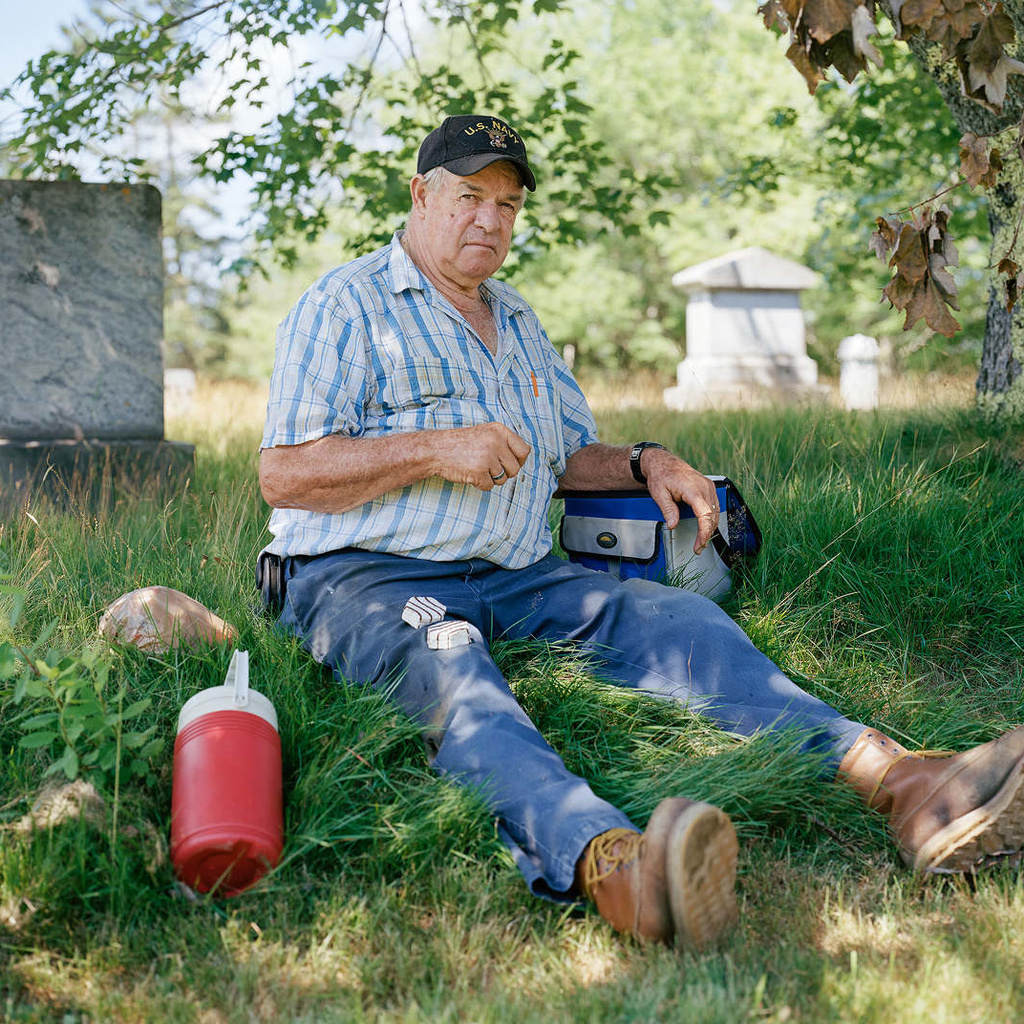
Witnessing the Gravedigger
Who’s your local gravedigger? Do you know? Do you have one?
The residents of Cherryfield, Maine, do—and it’s not the dirty, shadow-clad figure you’re picturing. It’s local resident Everard Hall, smiling and ball-capped in a plaid work shirt. There’s a harmonica in his pocket and dancing boots in his pickup. Everard (pronounced “EVer-ard”) is one of the few remaining gravediggers in the U.S. who dig by hand—and he does it year-round across northeastern Maine. Using picks, shovels, chains, and winches to haul out rocks, ice, hardpan, roots, clay, and sand, he insists on doing the job with care and precision. It’s not surprising that UI photography professor Thalassa Raasch feels the exact same way about documenting Everard’s work. Her in-progress collection of photos and essays, In Over My Head, documents the unexpected beauty of Everard’s work as a gravedigger and explores the profound thresholds between solitude and community, life and death.
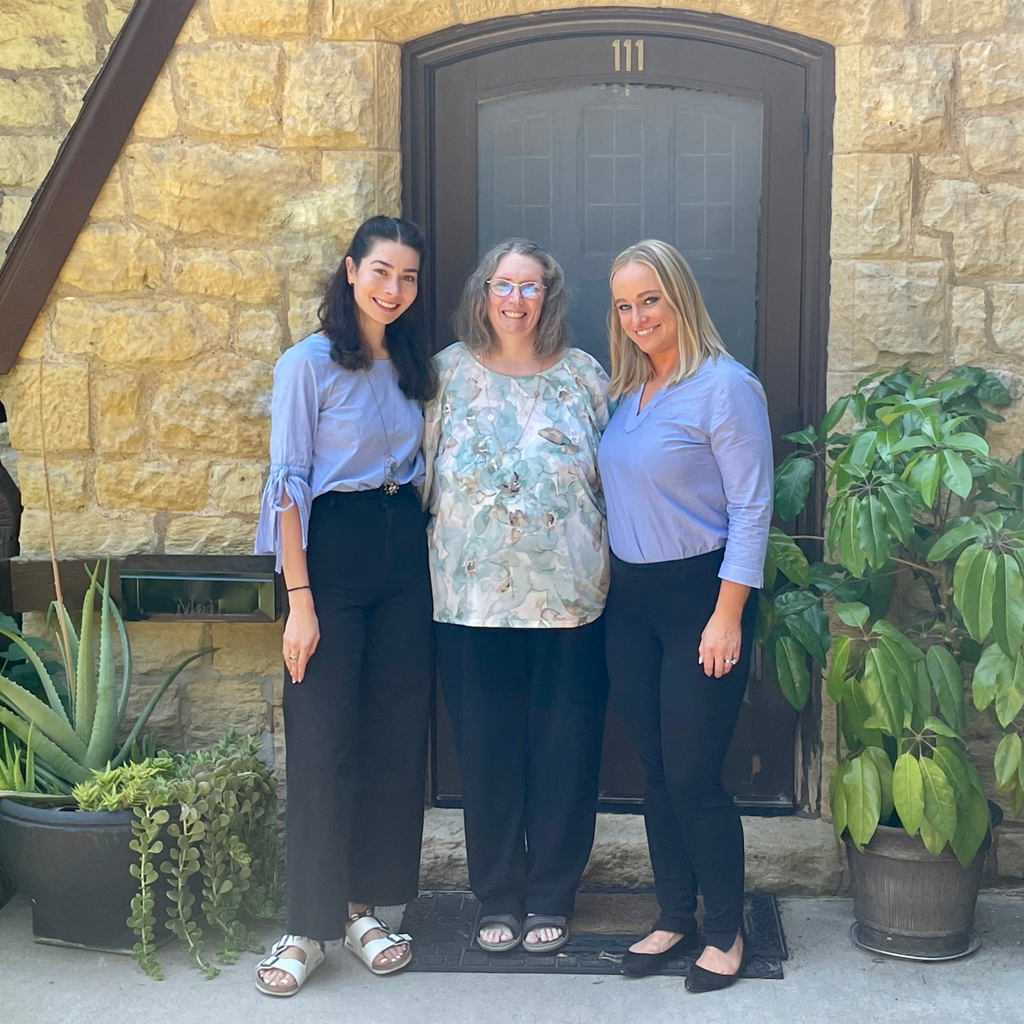
Promoting Breastfeeding in Women with MS
It’s tough to be a new mother, whoever you are, whatever your income, wherever you live. But for women with chronic health conditions, it’s exceptionally difficult. Even breastfeeding can feel like an insurmountable task, full of uncertainties about the transmission of medications in breastmilk and the physical demands of holding an infant for long periods of time.
This past summer, an Obermann Interdisciplinary Research Grant team, aided by Spelman Rockefeller funding, began studying breastfeeding in women with multiple sclerosis (MS), a chronic disease of the brain and spinal cord. “There’s a huge gap of knowledge in regards to breastfeeding for women with MS,” say the grant project’s co-directors Christine Gill (Clinical Assistant Professor, Neurology), Pamela Mulder (Clinical Assistant Professor, Nursing), and Solange Saxby (Postdoctoral Research Scholar, Internal Medicine)—largely because pregnant and lactating women tend not to volunteer for research trials. It’s a serious oversight, since MS is three times more common in women than in men and is more frequently diagnosed in women of childbearing age (between 20 and 40) than in any other group. Symptoms vary among patients but commonly include fatigue, muscle weakness, tingling, numbness, vertigo, and walking difficulties due to nerve fiber damage.
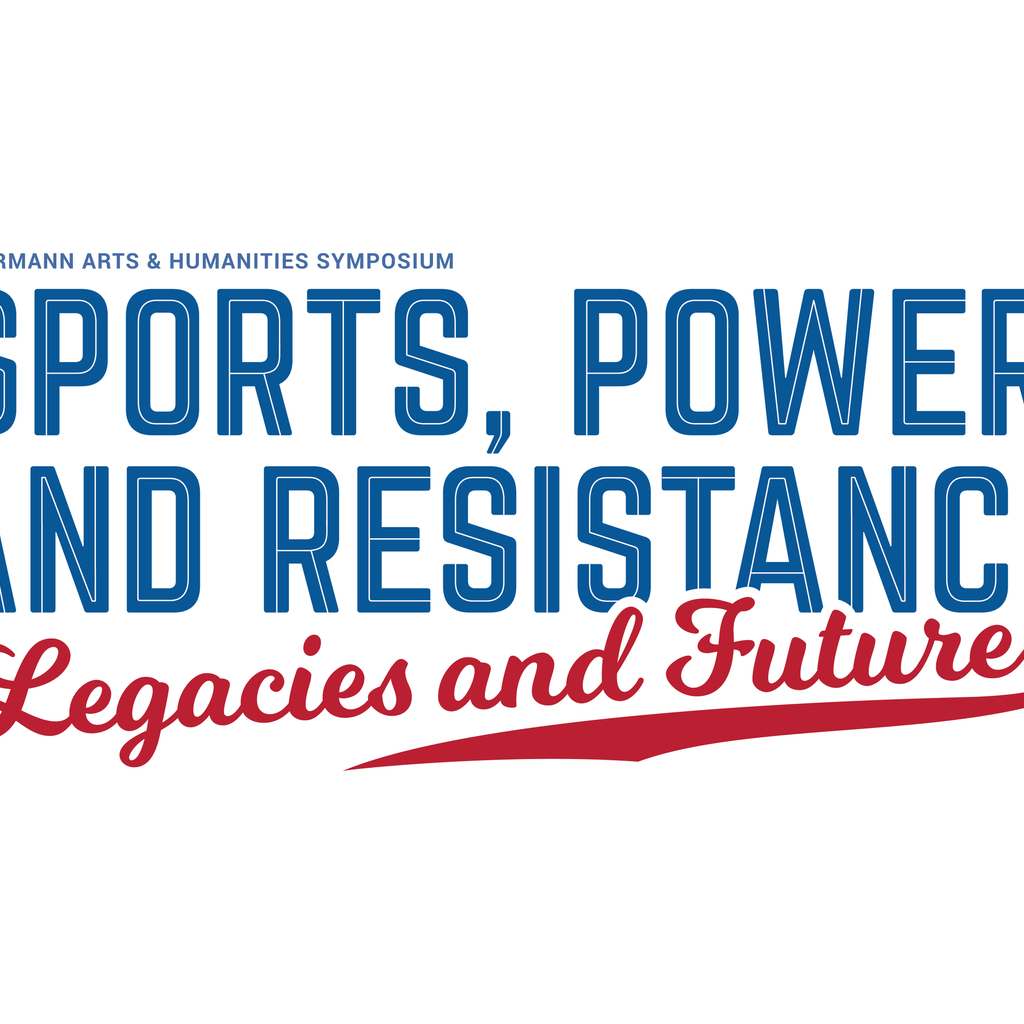
Exploring the Intersection of Sports, Media, and Culture
In the ever-evolving landscape of sports, media, and culture, two distinguished University of Iowa scholars, Tom Oates (American Studies and Journalism) and Travis Vogan (Journalism and American Studies), have been instrumental in shaping critical discussions and interdisciplinary explorations. As part of their ongoing commitment to advancing the understanding of sports within broader societal contexts, the two are directing the Obermann Center’s 2023 Arts and Humanities Symposium, “Sports, Power, and Resistance: Legacies and Futures.” With a shared vision of bringing together diverse perspectives, their efforts highlight the important role of sports in contemporary culture and politics.
Below is a Q&A with co-directors Thomas Oates and Travis Vogan.
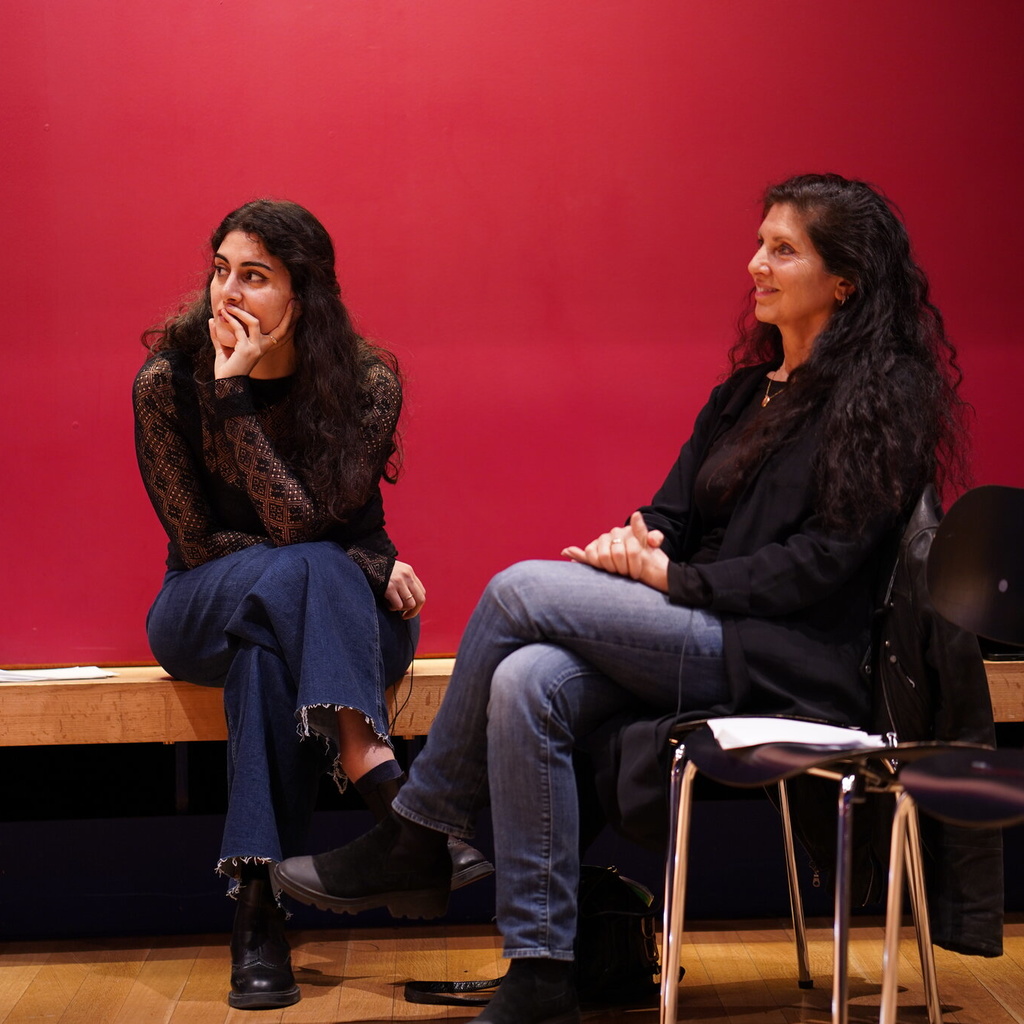
Exploring Trauma and Imagination: "Ruinous Gods: Suites for Sleeping Children" Opera Takes Shape
Obermann Interdisciplinary Research Grant recipients Layale Chaker and Lisa Schlesinger (Theatre Arts) are deep in the creative process, weaving together the intricate threads of music, storytelling, and stagecraft to bring to life their ambitious opera, Ruinous Gods: Suites for Sleeping Children. The project, commissioned by Spoleto Festival USA, centers on the experiences of displaced children grappling with resignation syndrome—a rare trauma response to displacement—and seeks to carve out a space for imagination and empowerment within the realm of opera.
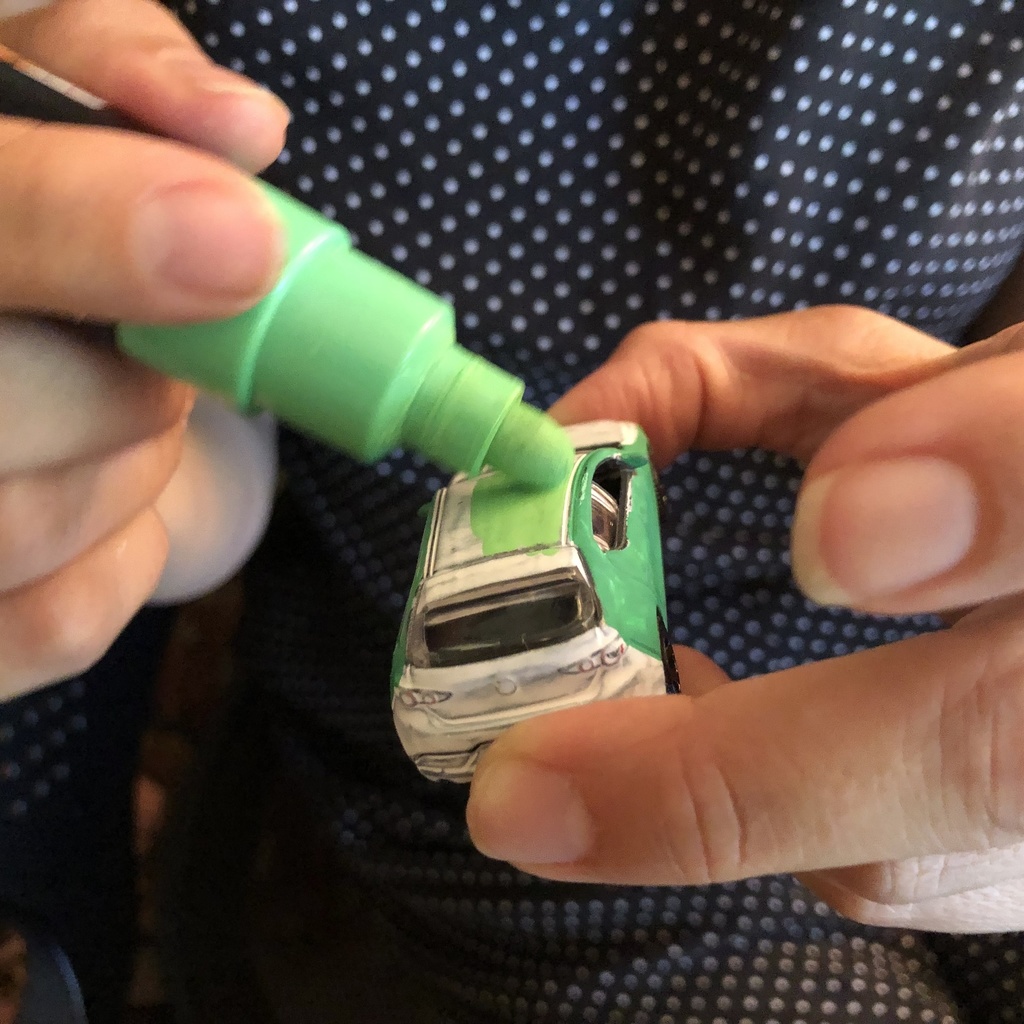
Scholars Create Demo Derby as Comment on U.S. Political Discourse
A green car with the words “climate change” emblazoned on its doors slams into the back of a red car with the word “healthcare” on it, crumpling the bumper. Other cars with the terms “gun control,” “free speech,” and “abortion” repeatedly crash into each other in the muddy arena at the county fair, until one car emerges victorious.
Just Crushing is an artwork taking the form of a demolition derby to embody American political discourse as a spectacle of competitive wreckage. The Interdisciplinary Research Group (IDRG) consists of Allison Rowe (Teaching & Learning), Maia Sheppard (Teaching & Learning), and Nancy Nowacek (Stevens Institute of Technology). Drawing upon the theatrics of Carnivale, the hometown grandiosity of state fairs, and the rich history of destructive art, vehicles representing critical issues in American politics will brutalize one another as the crowd cheers and jeers them on. Through its live, winner-takes-all battle, this project stands in opposition to the polarizing debates of stylized dialogue across partisan media. In this way, Just Crushing literalizes us-versus-them culture and reveals the absurd extremes to which political discourse has arrived: where every issue must fight for a public and a platform.

Exploring Healthy Aging across the Life Course
Health happens in families and yet many health promotion interventions are not tailored for the family as a unit. Multigenerational households (i.e., families that consist of three or more generations) have become a more prevalent family structure in the U.S. and provide essential caregiving functions. This summer, as part of their Obermann Interdisciplinary Research Grant, "Healthy Aging across the Life Course: Engaging Multigenerational Families Living with Chronic Conditions," Ebonee Johnson (College of Public Health), Duhita Mahatmya (College of Education), and Kimberly Dukes (Internal Medicine) utilized the principles and practices of community engagement to better understand health and healthy aging in multigenerational families experiencing chronic illness and disability.
Pagination








